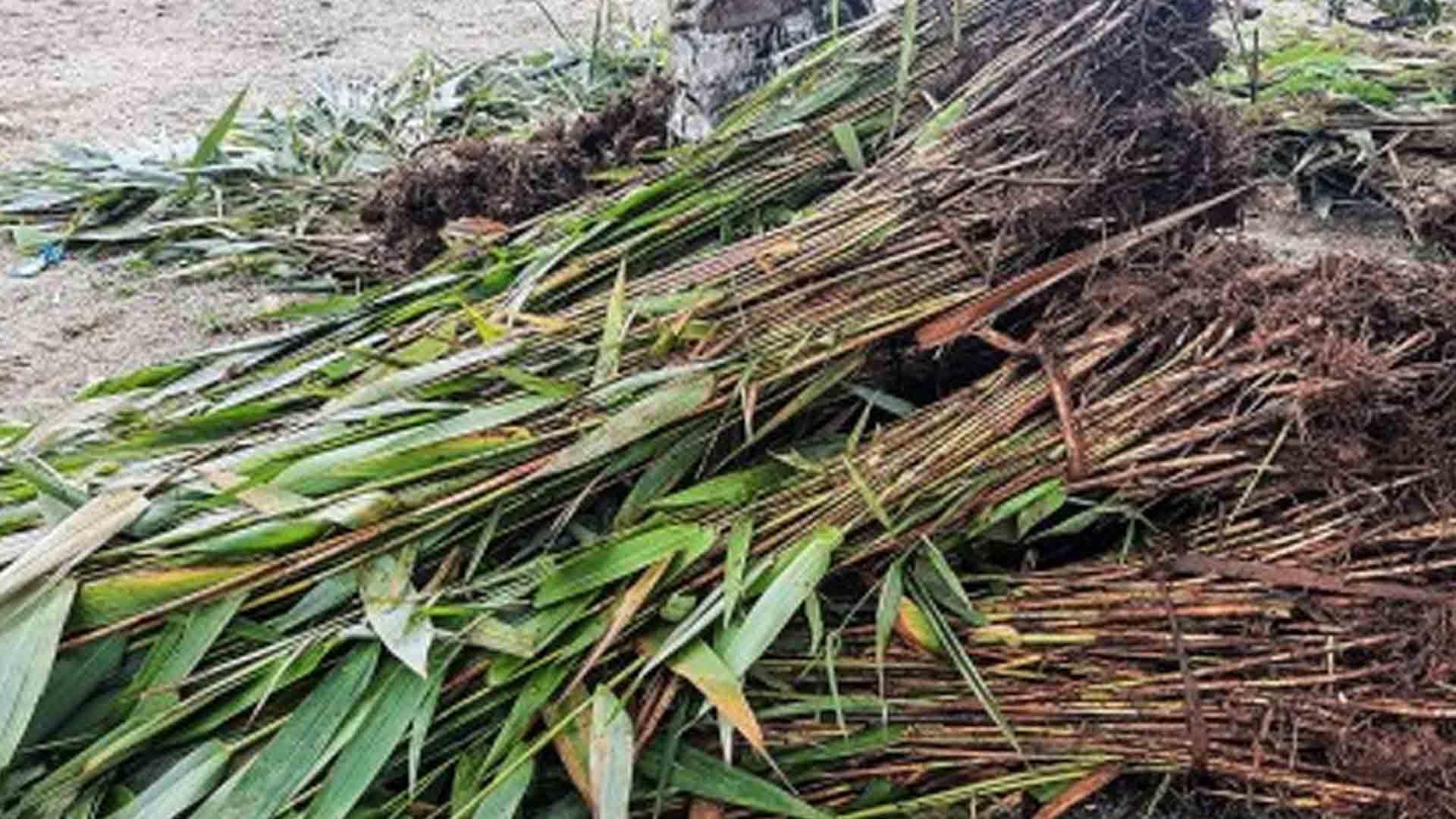Some 30 agrarian reform beneficiaries (ARBs) belonging to the Cagnipa Guijalo Beneficiaries Organization (CaGuiBO) in Caramoan, Camarines Sur, have received 6,000 “sugbu” (tiger grass) sprouts and 30 sickles early this month from the Department of Agrarian Reform (DAR) in Bicol.
In an interview on Tuesday, Geri Buensalida, DAR-Bicol spokesperson, said the distribution of planting materials is part of the Sustainable Livelihood Support for Disaster-Affected Areas (SLSDAA) program that aims to develop alternative livelihood or restoration and rehabilitation of the existing livelihood that were affected by the impacts of climate change.
“Sugbu is the primary material in soft broom making, and the distributed sprouts will provide additional support to its production and rehabilitation in the area,” Buensalida said.
He said the beneficiaries, who are residents of a coastal area in Sitio Cagnipa, Barangay Guijalo, completed a training on soft broom making.
CaGuiBO is a cooperative registered with the Department of Labor and Employment (DOLE) and has 41 ARB members.
Almost 90 percent of its members are into sugbu production, covering almost 50 hectares of plantation in the area.
Tiger grass normally grows in open areas, particularly in logged-over areas, mountain slopes, and ravines. The panicles usually develop from October to March.
Buensalida said for best results, the rootstocks should be planted during the onset of the rainy season. The plants will produce more shoots and could yield more panicles.
The best time to harvest is during the months of February and March. (PNA)







